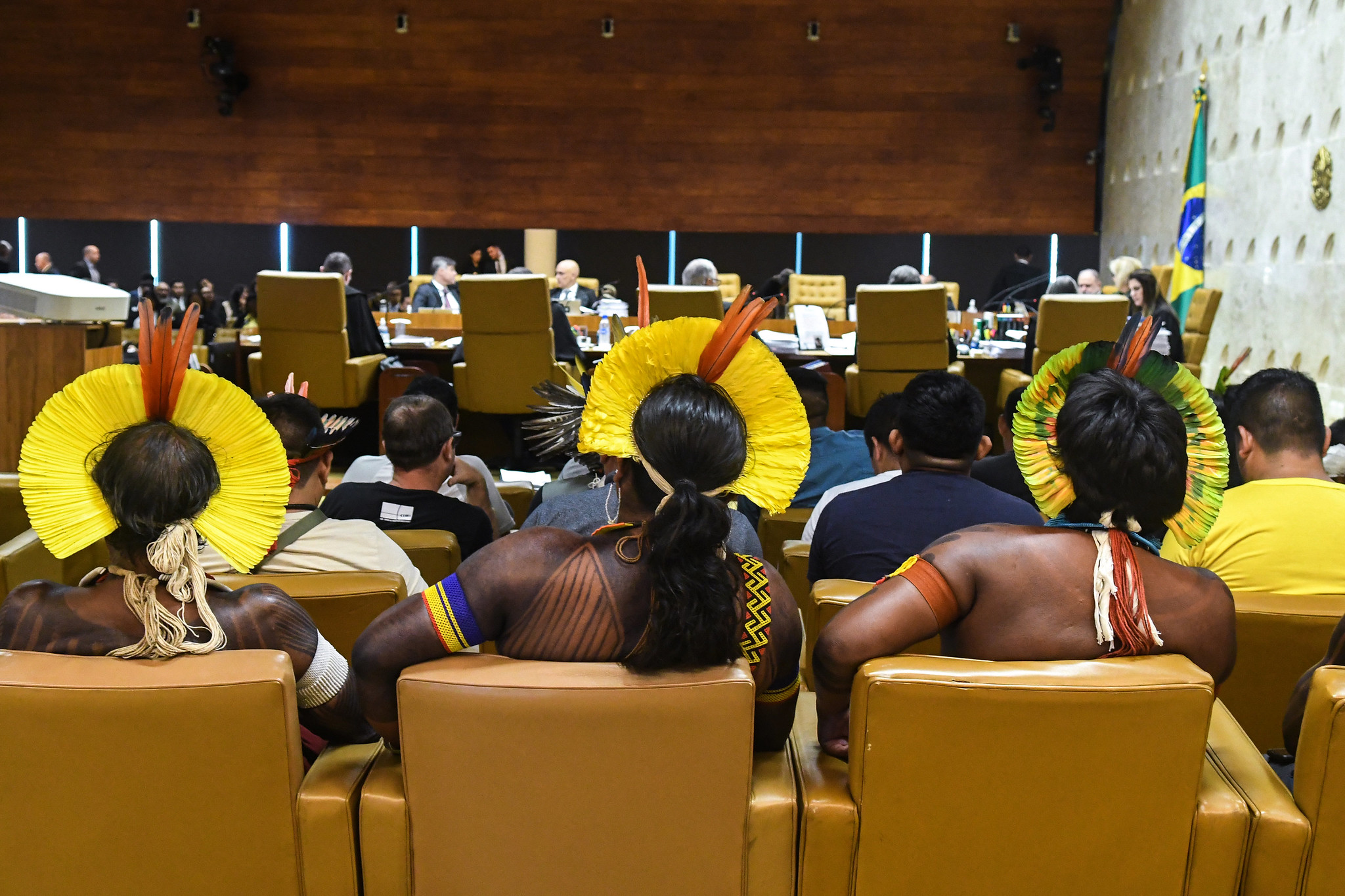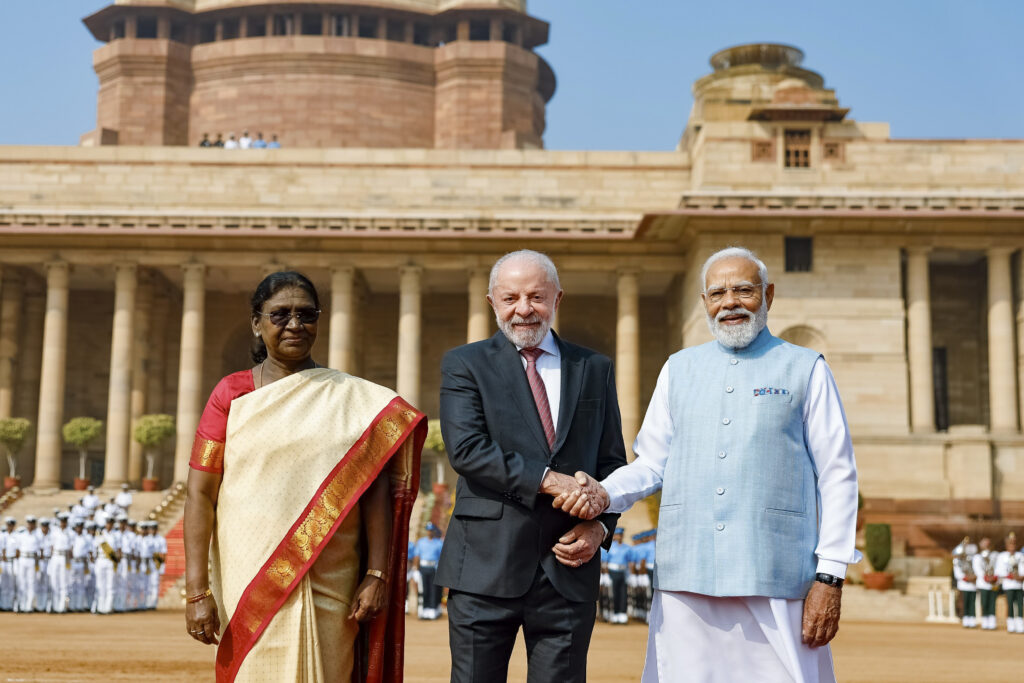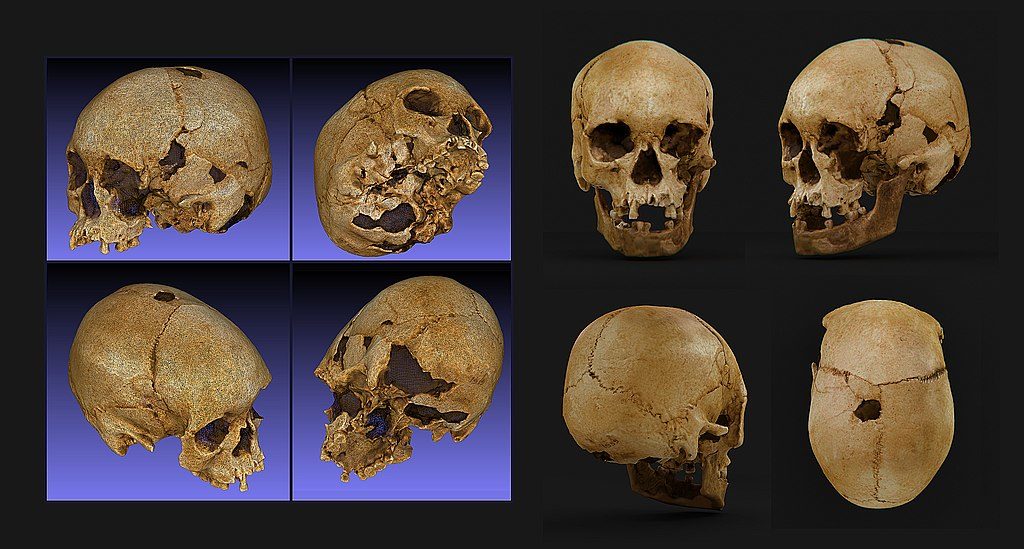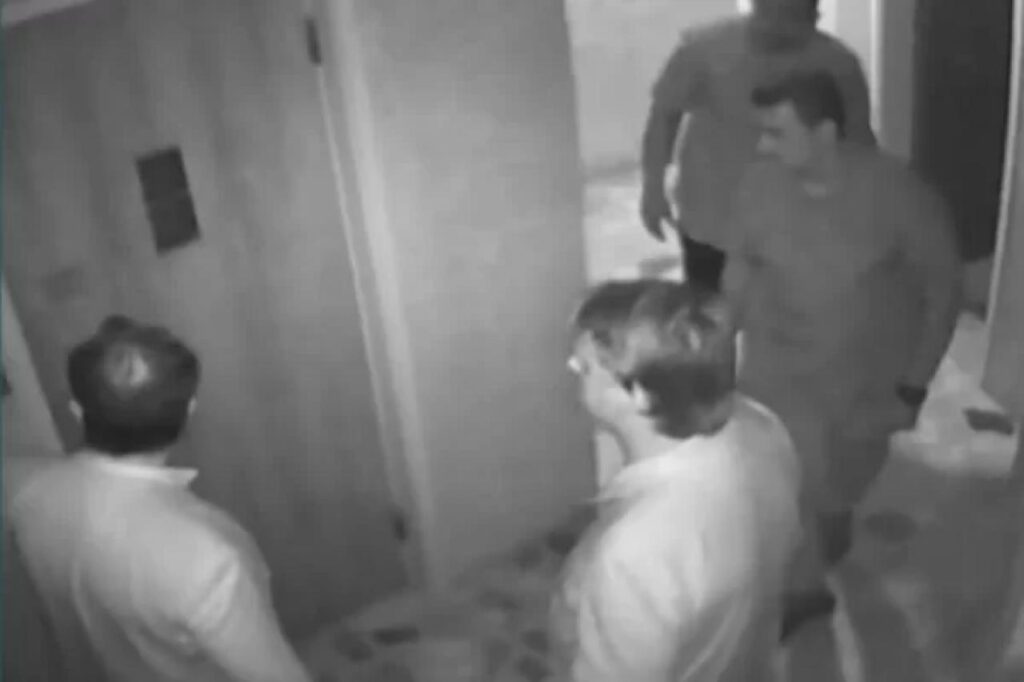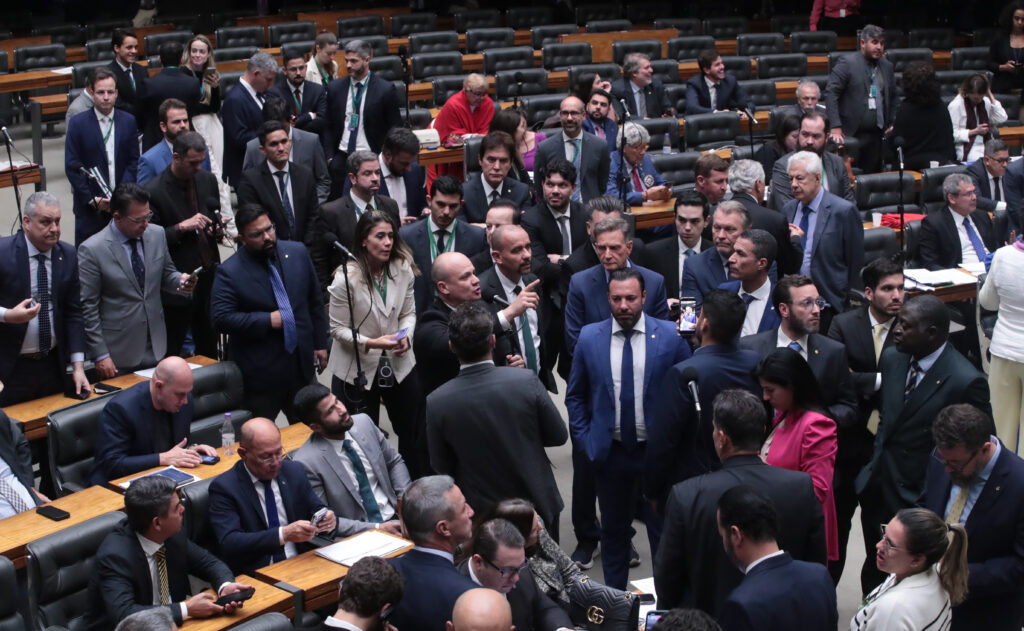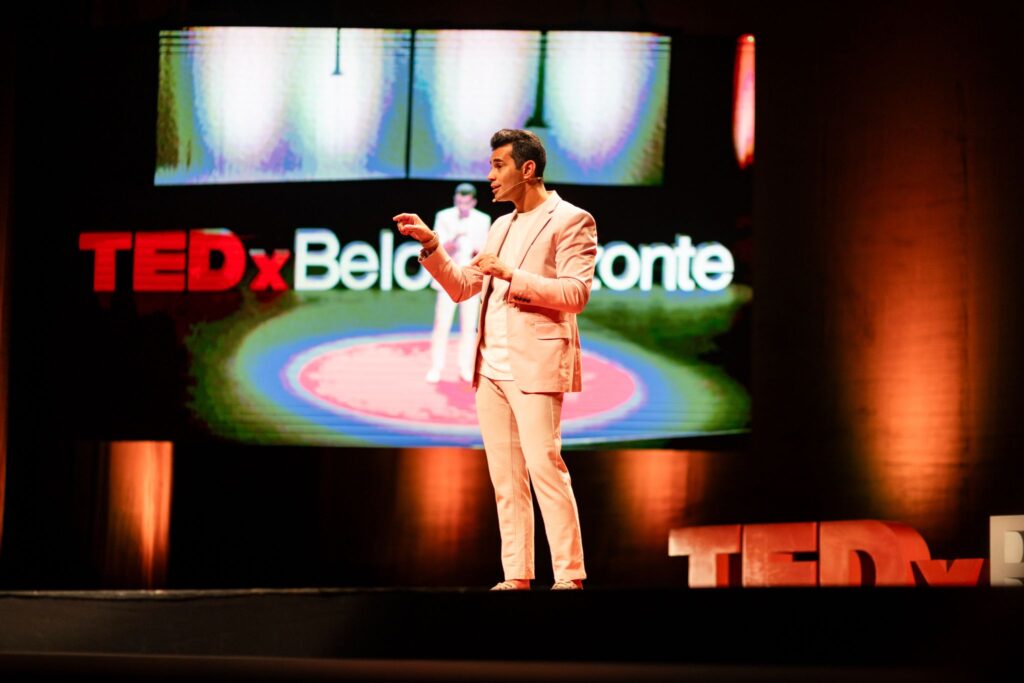São Paulo, Brazil – In a historic decision, Brazil’s Supreme Court on Thursday rejected a proposed regulation by politicians backed by agribusiness interests to severely limit demarcation of Indigenous lands, a process baked into Brazil’s Constitution that environmentalists and human rights groups credit with preserving the environment and cultures of the country, especially in the Amazon.
The proposed regulation, which became known as the “time limit trick,” would have required Indigenous groups that occupy a territory to prove that they have inhabited that territory since before the enactment of Brazil’s 1988 Constitution, when the demarcation of Indigenous lands was written into law.
In addition to obvious challenges in obtaining any type of written proof that remote (sometimes uncontacted) Indigenous tribes were occupying lands in the years before the 1988 Constitution, the regulation also overlooked that during Brazil’s military dictatorship (1964 to 1985) many Indigenous peoples were persecuted, and forced from their lands.
Under the proposed regulation, those Indigenous communities that fled their lands to survive, had abandoned them, forgoing their right to claim them as their historical territories.
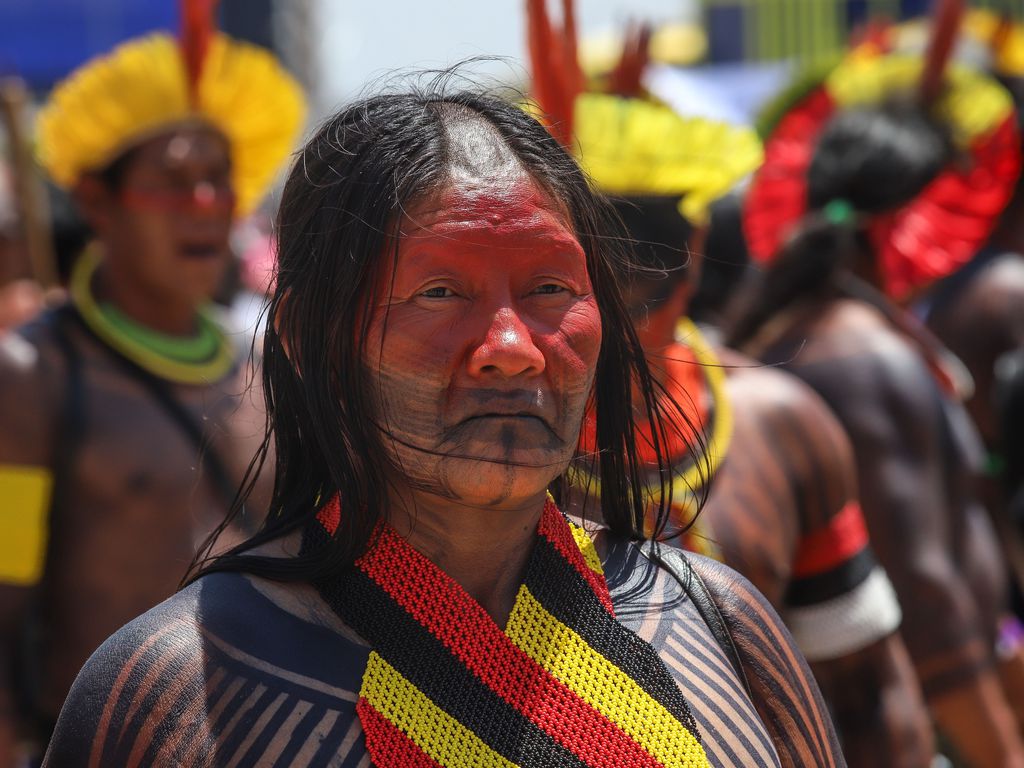
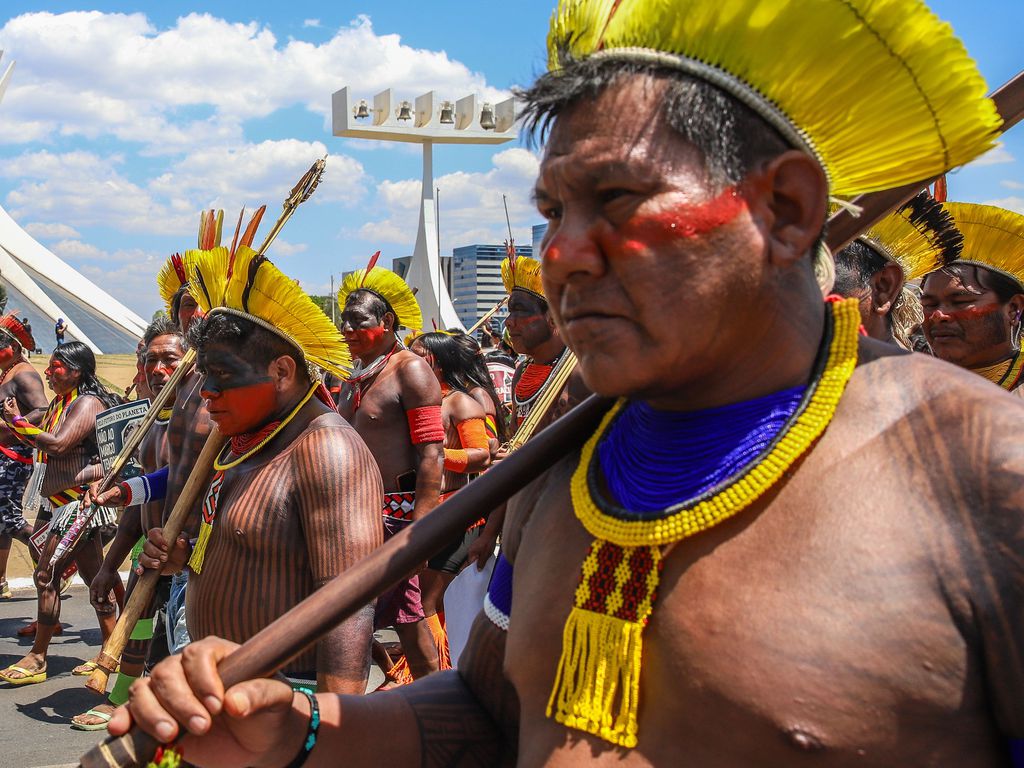
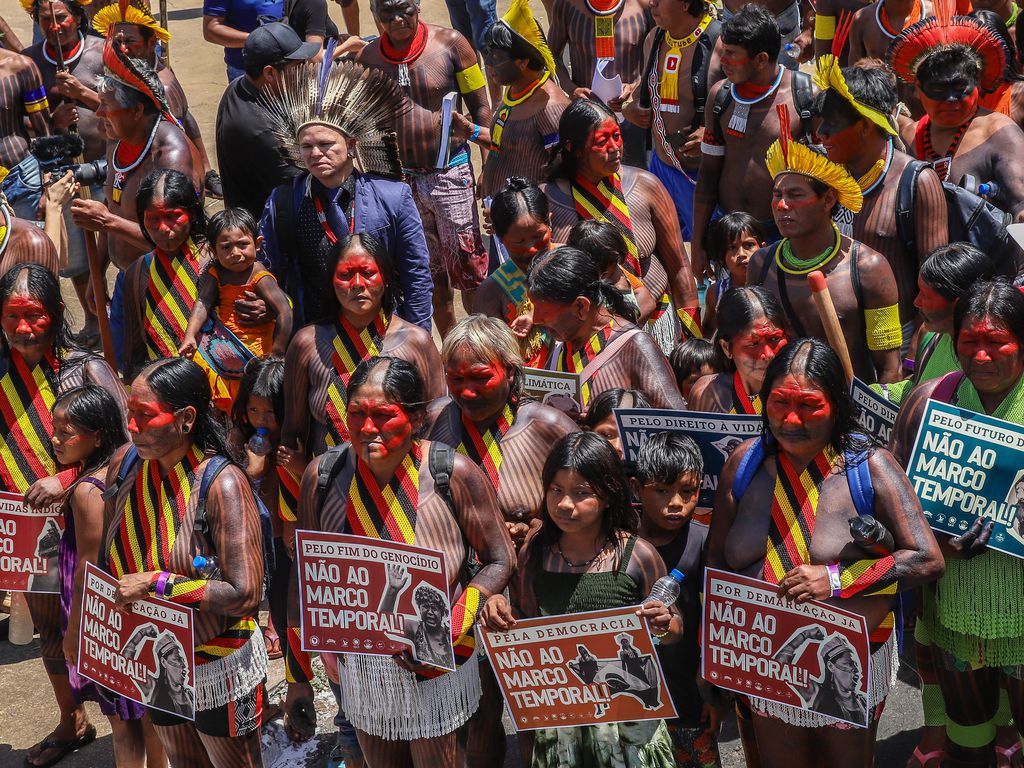
Indigenous land demarcation is a process that guarantees the possession of the land and the exclusive use of its natural resources to the Indigenous peoples who live on it. Brazil’s National Indian Foundation (Funai), a government agency tasked with protecting Indigenous rights, is in charge of land demarcation, which is essentially identifying, legalizing and protecting land inhabited by Indigenous peoples.
Funai currently has registered 761 demarcated Indigenous lands, which represents 13.75% of Brazil’s territory.
The administration of former President Jair Bolsonaro became the first since the fall of the military dictatorship to not demarcate any new Indigenous lands. In September, President Luiz Inácio Lula da Silva signed the first new demarcations of Indigenous lands since Bolsonaro took office in 2019.
The Court’s decision
With a nine to two ruling, the Supreme Court rejected the proposed regulation, and made clear that the rights of Indigenous peoples are guaranteed and cannot be delimited by a timeline tied to the enactment of the Brazilian Constitution.
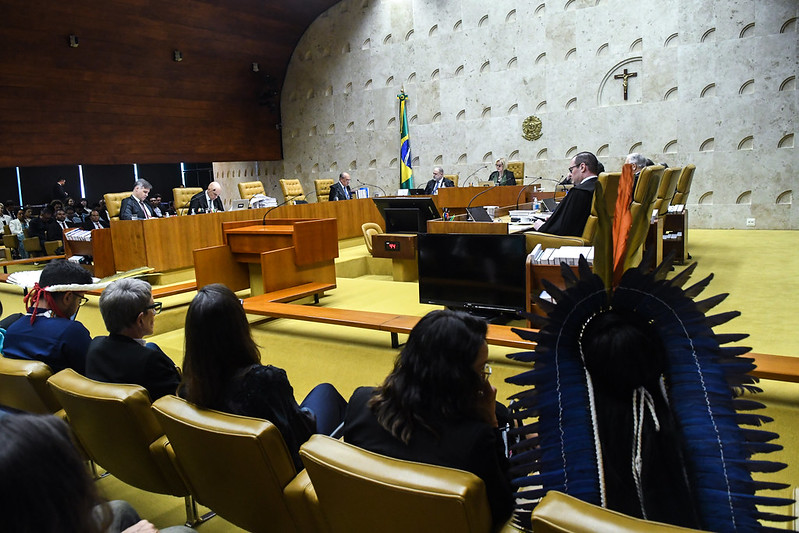
The case originated from an appeal filed by Funai in 2013 against a decision handed down by the Federal Court of the South Region which granted the state of Santa Catarina possession of the Ibirama-Laklãnõ Indigenous Land, an area of 37,000 hectares (91,439 acres) which is home to the Xokleng people.
The lawsuit dragged on for a decade, ending up in the Supreme Court in 2021.
Thursday’s Supreme Court ruling does not create a new law in Brazil, nor does it establish the demarcation of the land in dispute in the state of Santa Catarina. But the ruling should serve as jurisprudence, guiding how judges interpret future cases, guaranteeing Indigenous peoples the right to continue to fight for formal recognition of their lands.
Outside the Supreme Court in Brasília, thousands of Indigenous peoples who had traveled from across Brazil to witness the ruling camped out for days.
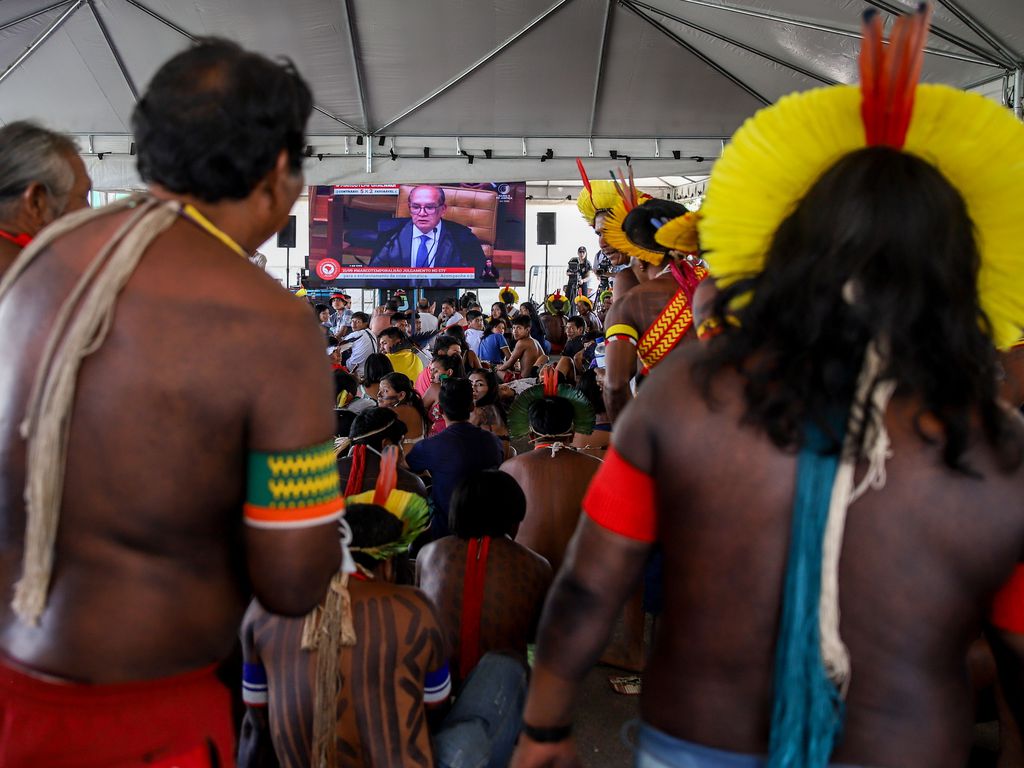
On Thursday afternoon, with eyes fixated on big screen televisions outside the Supreme Court, they broke out into cheers and celebration when the sixth judge and deciding vote, Judge Luiz Fux, announced his position rejecting the proposed regulation.
Two judges appointed by Bolsonaro, André Mendonça and Nunes Marques, were the only members of the Court who decided in favor of the regulation.


